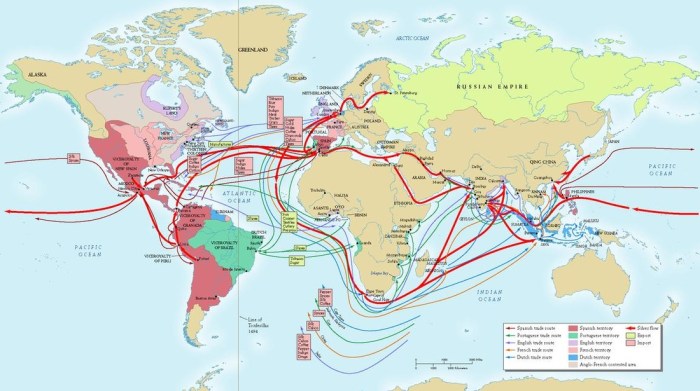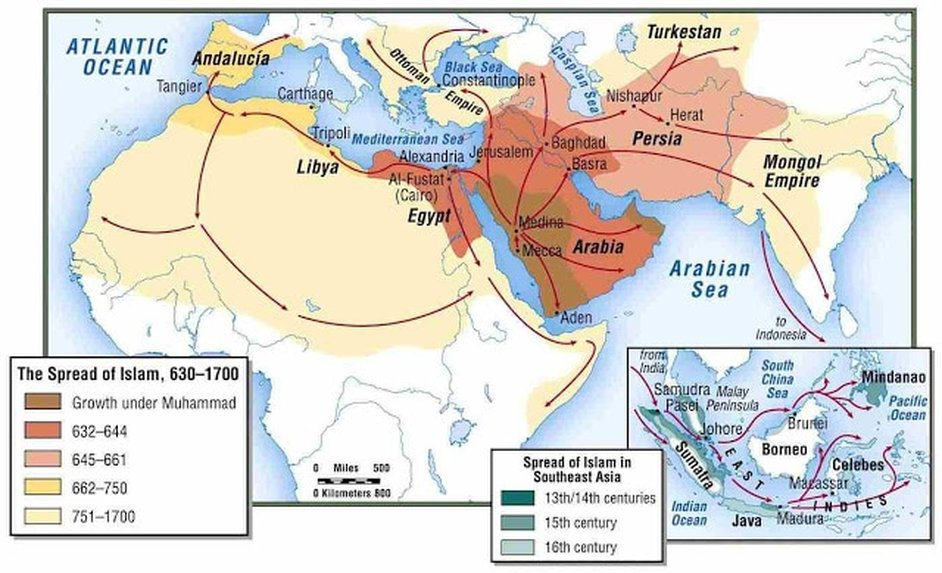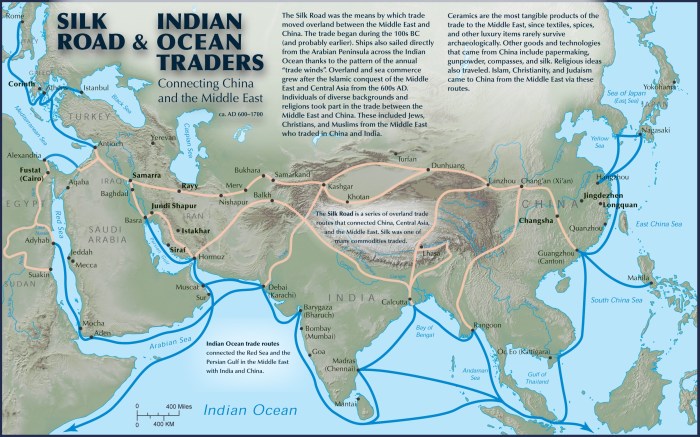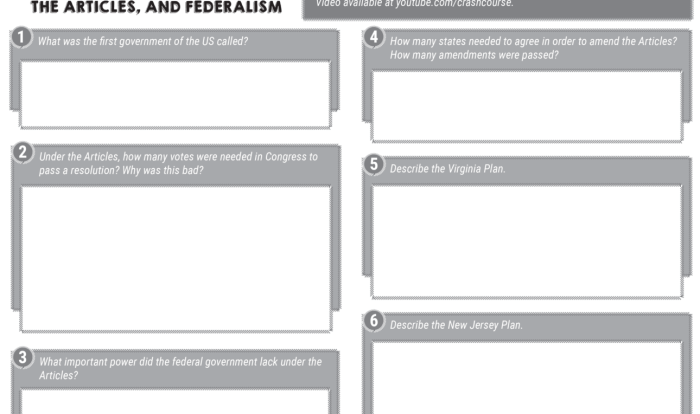Why did islam spread so quickly dbq answer key – Unveiling the reasons behind the rapid expansion of Islam, this exploration delves into the multifaceted factors that propelled its spread across vast regions. From the rise of the Prophet Muhammad to the interplay of religious, political, economic, and cultural forces, this analysis provides a comprehensive understanding of Islam’s remarkable growth.
In the 7th century, the Arabian Peninsula witnessed the birth of Islam, a monotheistic faith founded by the Prophet Muhammad. His teachings, emphasizing social justice, equality, and the worship of one God, resonated deeply with the oppressed and marginalized. The simplicity of Islamic rituals and its emphasis on knowledge and education further contributed to its appeal.
Why Did Islam Spread So Quickly?: Why Did Islam Spread So Quickly Dbq Answer Key

The rapid spread of Islam in the 7th and 8th centuries was a pivotal event in world history. This essay will explore the various factors that contributed to the remarkable growth of Islam, including the rise of the Prophet Muhammad, religious, political, economic, and cultural factors.
1. Rise of the Prophet Muhammad
The birth of Islam is inextricably linked to the life and teachings of Muhammad, a merchant from Mecca. Muhammad’s revelations, beginning in 610 CE, laid the foundation for the Islamic faith. His charismatic leadership and the simplicity of his message attracted a growing number of followers, who formed the first Muslim community.
2. Religious Factors, Why did islam spread so quickly dbq answer key
Islam’s monotheistic beliefs, emphasizing the worship of one God (Allah), resonated with people seeking spiritual guidance. The religion’s simple rituals and emphasis on social justice and equality appealed to the oppressed and marginalized.
- Monotheistic beliefs: Islam’s rejection of polytheism and emphasis on the oneness of God.
- Simple rituals: The absence of complex rituals and priestly hierarchies made Islam accessible to all.
- Social justice: Islam’s teachings on fairness, compassion, and the rights of the poor.
3. Political Factors
Before the rise of Islam, the Middle East was politically fragmented and unstable. Islam provided a unifying force, offering a sense of belonging and a common purpose. The establishment of a centralized caliphate under the Umayyads and Abbasids facilitated the spread of Islam through military conquests and alliances.
- Political instability: The disunity and weakness of existing political structures.
- Unifying force: Islam’s ability to unite diverse tribes and regions.
- Military conquests: The rapid expansion of the Islamic empire through warfare.
4. Economic Factors
The growth of trade routes and the expansion of commerce contributed to the spread of Islam. Merchants played a significant role in disseminating Islamic ideas and establishing trade networks that facilitated the exchange of goods and ideas.
- Trade routes: The Silk Road and other trade routes facilitated the spread of Islam.
- Merchants: Muslim merchants served as missionaries, introducing Islam to new regions.
- Economic incentives: Conversion to Islam could bring economic benefits, such as access to markets.
5. Cultural Factors
Islam’s emphasis on knowledge and education appealed to intellectuals and scholars. The development of a rich literary tradition in Arabic, including the Quran and works of poetry and philosophy, contributed to the spread of Islamic culture.
- Emphasis on knowledge: Islam’s encouragement of learning and the pursuit of knowledge.
- Arabic as a unifying language: The spread of Arabic as the language of scholarship and administration.
- Islamic art and architecture: The distinctive style of Islamic art and architecture impressed non-Muslim populations.
FAQ Section
What was the significance of the Prophet Muhammad’s revelations?
Muhammad’s revelations, known as the Quran, formed the foundation of Islamic beliefs and practices, establishing the core tenets of the faith.
How did Islam’s emphasis on social justice and equality contribute to its spread?
Islam’s message of social justice and equality resonated with the oppressed and marginalized, offering them hope and a sense of belonging.
What role did trade and commerce play in the spread of Islam?
Trade routes and commercial activities facilitated the movement of Islamic merchants and missionaries, who introduced Islam to new regions and populations.


